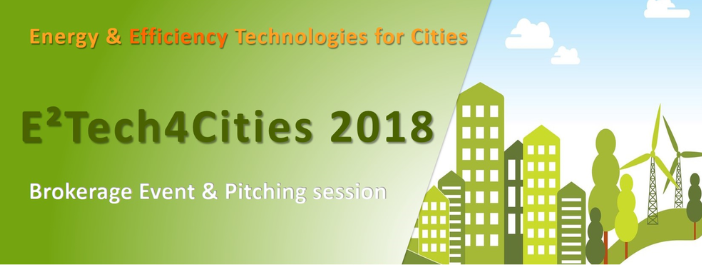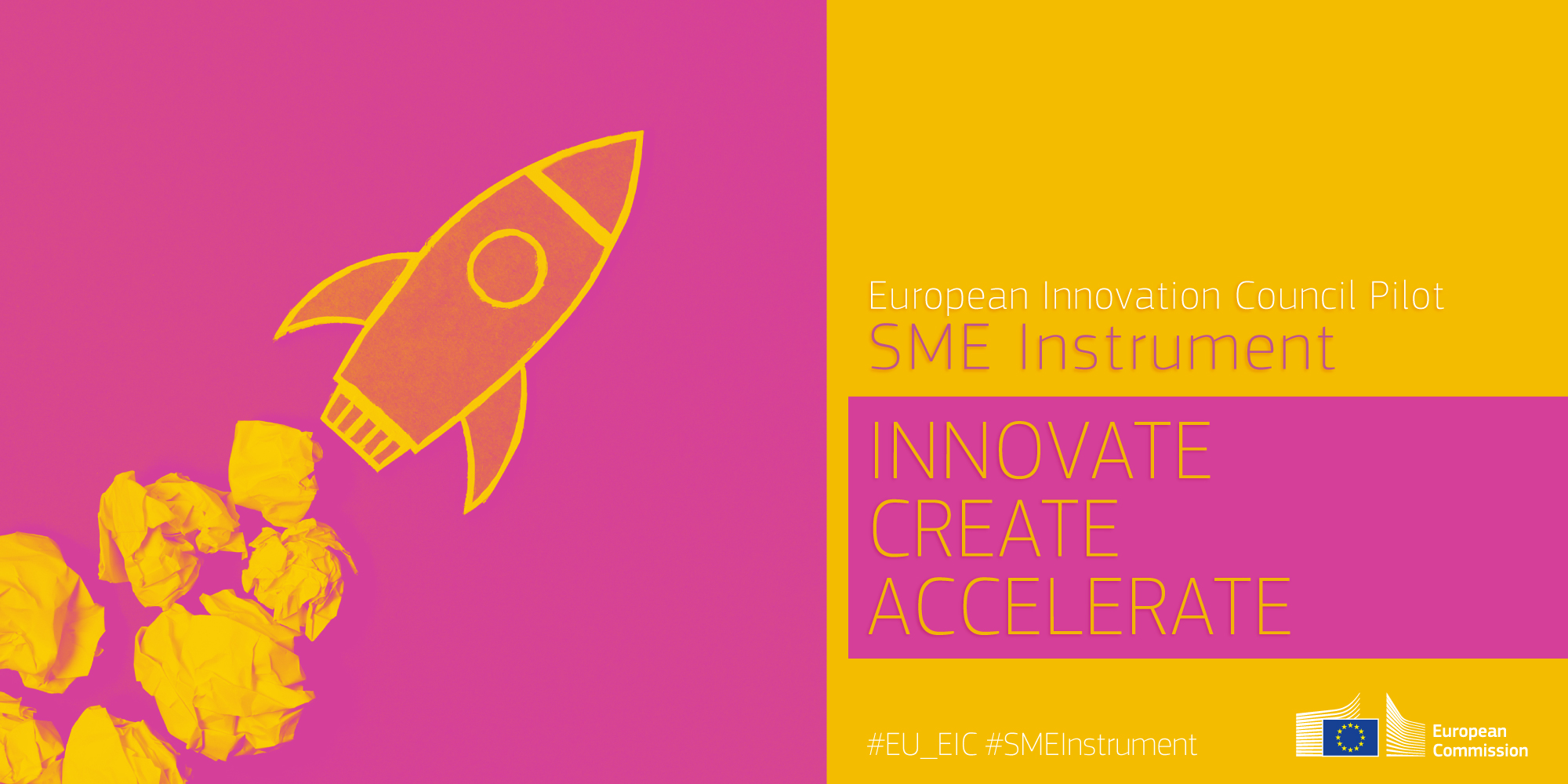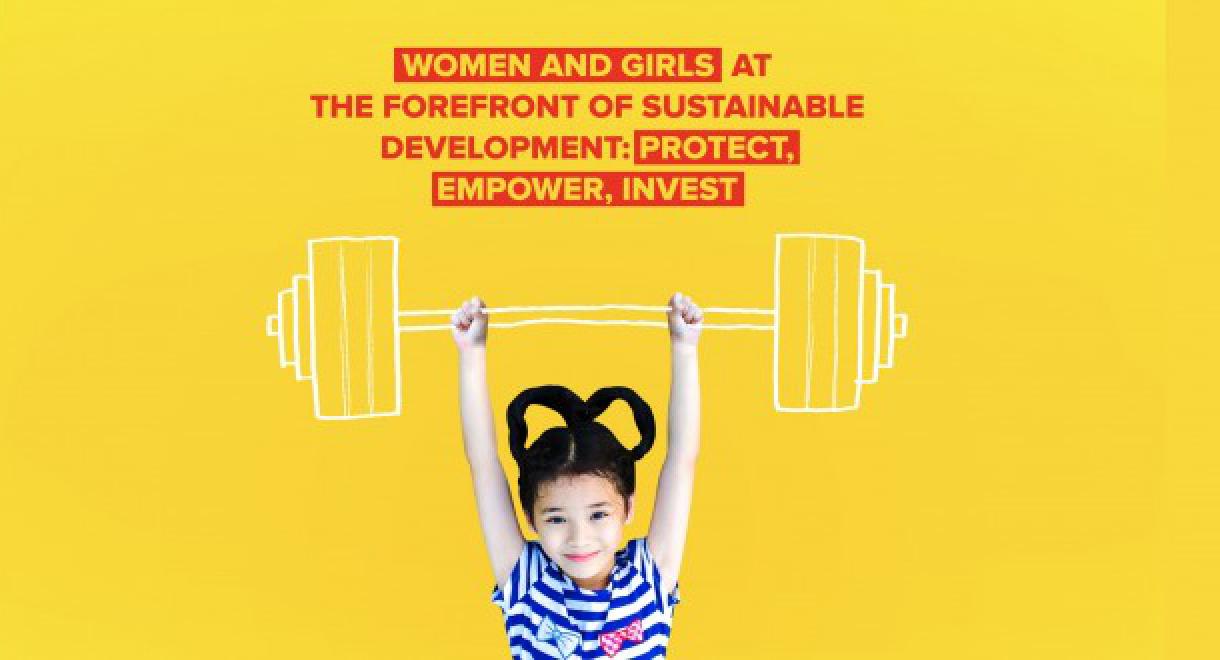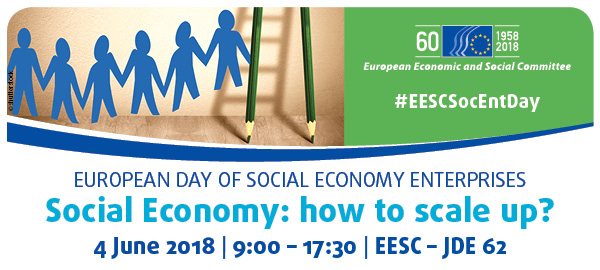E²Tech4Cities 2018 & SME Instrument

E²Tech4Cities 2018 took place in Brussels on the 7th of June as a part of the EU Sustainable Energy Week (EUSEW) and Brussels Exporters Day. It was organized by Brussels Enterprise Europe Network and hosted by hub.brussels with the aim of organizing a networking event for those working in the energy efficiency field.
Hub.brussels also spoke of the role of the National Contact Points (NCPs) have for the local businesses. NCPs provide assistance with identifying suitable EU projects, support you with advice during the writing process as well as assess and give feedback to the proposal before it is submitted. However, they do not write the proposal for the applicant. NCPs also provide assistance throughout the project itself legal, financial, etc issues completely free of charge. Of course, the service is aimed at businesses registered in the NCP’s region, i.e in the case of hub.brussels it’s aimed at supporting businesses registered in Brussels.
Therefore, if you need any assistance in the process of your project, you may freely turn to your local NCP and they will provide you support in your local language. The list of NCP’s across Europe is available here.
If you need assistance with the finances of your project, you may turn to EFMC as we are here to help you out. See the list of our services here to find one suitable for you or contact us via email info@efmc.eu

The SME Instrument
Hub.brussels also introduced the Horizon 2020 SME Instrument. Your business may apply for the SME Instrument if your product or service idea is disruptive and your business qualifies as an SME.
To check if you qualify as an SME and for other useful tips regarding the SME Instrument see this site.








 EU citizens’ perception and public knowledge is limited and the benefit and the importance of EU spending in research and innovation is influenced by for example high profile R&D achievements across the water in the USA such as when NASA discovers new planets which were in fact actually uncovered by an EU funded Belgian scientist. Commissioner Moedas realized that a renewed and more efficient communication plan of the EU around its FPs is fundamental to build consensus among citizens and stakeholders. A “new deal”, based on a type of mission specific approach, for EU research was felt to be required to be readily understandable to the public and capture their imagination and interest. Ambitions such as plastic-free oceans by 2030 or ensuring the survival of three out of four cancer patients by 2034 is akin to such lofty goals such as former US president John F. Kennedy had back in 1961, when he promised to send a man to the moon and return him safely. Ambitious, aiming high but ultimately achievable and realistic if all the parts of the jigsaw are put together.
EU citizens’ perception and public knowledge is limited and the benefit and the importance of EU spending in research and innovation is influenced by for example high profile R&D achievements across the water in the USA such as when NASA discovers new planets which were in fact actually uncovered by an EU funded Belgian scientist. Commissioner Moedas realized that a renewed and more efficient communication plan of the EU around its FPs is fundamental to build consensus among citizens and stakeholders. A “new deal”, based on a type of mission specific approach, for EU research was felt to be required to be readily understandable to the public and capture their imagination and interest. Ambitions such as plastic-free oceans by 2030 or ensuring the survival of three out of four cancer patients by 2034 is akin to such lofty goals such as former US president John F. Kennedy had back in 1961, when he promised to send a man to the moon and return him safely. Ambitious, aiming high but ultimately achievable and realistic if all the parts of the jigsaw are put together.